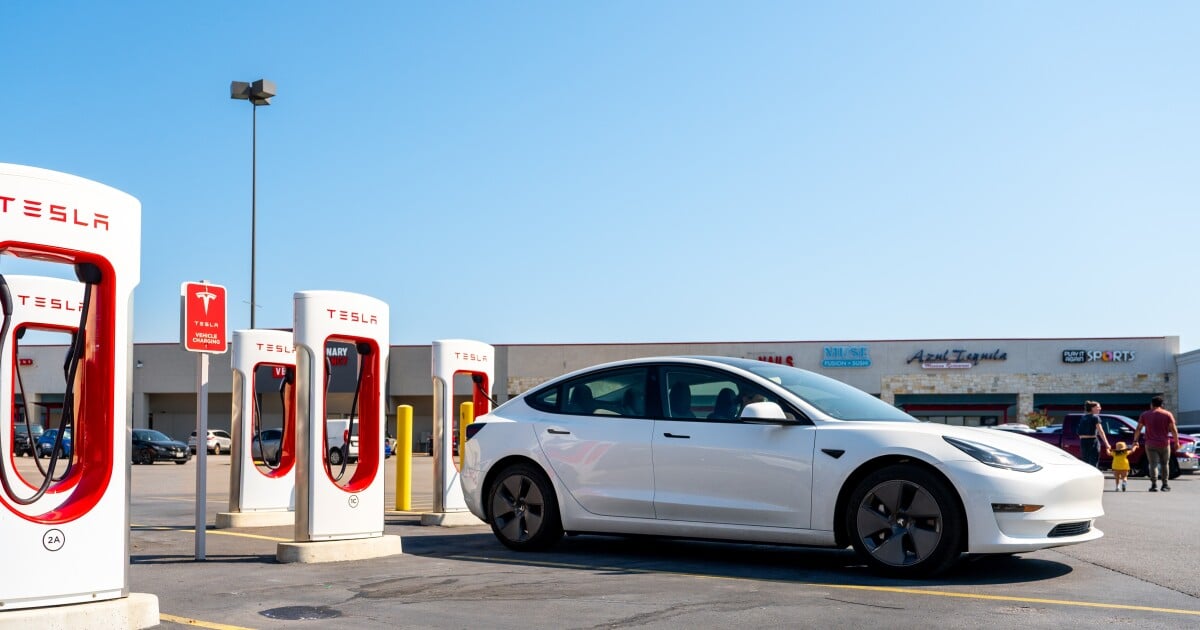Everyone knows that electric vehicles are supposed to be better for the planet than gas cars. That’s the driving reason behind a global effort to transition toward batteries.
But what about the harms caused by mining for battery minerals? And coal-fired power plants for the electricity to charge the cars? And battery waste? Is it really true that EVs are better?
The answer is yes. But Americans are growing less convinced.
The net benefits of EVs have been frequently fact-checked, including by NPR. "No technology is perfect, but the electric vehicles are going to offer a significant benefit as compared to the internal combustion engine vehicles," Jessika Trancik, a professor at the Massachusetts Institute of Technology, told NPR this spring.
It’s important to ask these questions about EVs’ hidden costs, Trancik says. But they have been answered “exhaustively” — her word — and a widerange of organizations have confirmed that EVs still beat gas.



Well, gas stations don’t really want electric because it would cut into their main source of revenue so I think I may have spotted the bottleneck.
The only way charging stations will become prevalent is if municipalities start setting them up. Either that or grocery stores. Though Answers with Joe made an interesting case for Buccees adopting charging stations as a method of generating revenue through increased tourism at their locations.
Gas stations actually make almost all of their money on things other than gas that people buy while they are at the gas station. It’s true that people wouldn’t come to existing gas stations nearly as much if they weren’t buying gas but they could make as much or more from users charging.
The real problem from their perspective is how infrequently users may need such especially if they charge at home and the cost of charging infra which is always in addition to gas not instead of